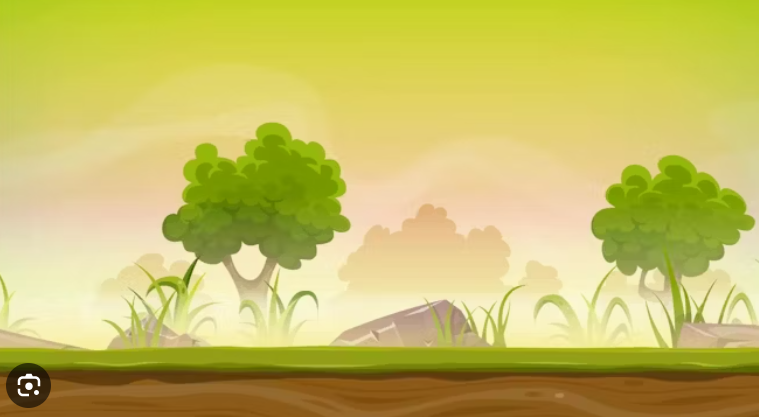In the tapestry of nature's grandeur, few things rival the delicate allure of blooming flowers. They are not mere ornaments but emissaries of joy, carrying the essence of life in their vibrant hues and fragrant whispers. Planting flowers is more than a hobby; it's a communion with the Earth, a nurturing of beauty that enriches both the soul and the environment. This essay delves into the art and science of planting flowers, exploring the myriad benefits it bestows upon us and the planet.
The Therapeutic Garden: In the hurried rhythm of modern life, where stress lurks around every corner, the garden offers an oasis of tranquility. Planting flowers becomes a therapeutic endeavor, a mindful retreat from the chaos of daily existence. As hands dig into the earth, stress dissipates, replaced by a sense of calm and connection to the natural world. The repetitive motions of sowing seeds and tending to blooms soothe the mind, grounding us in the present moment and fostering a profound sense of peace.
Nurturing Growth: Like children under a parent's loving gaze, flowers flourish under the care of a dedicated gardener. Planting flowers is an act of nurturing, a testament to our ability to foster life and beauty. It teaches us patience as we wait for seeds to sprout and resilience as we weather the challenges of pests and weather. Through the cycle of growth and decay, we learn the rhythm of life itself, embracing the impermanence of existence with grace and acceptance.
Ecological Guardians: Beyond their aesthetic appeal, flowers play a vital role in maintaining ecological balance. They are pollinators' paradise, inviting bees, butterflies, and other insects to partake in the dance of life. By planting flowers, we become stewards of biodiversity, creating sanctuaries for endangered species and preserving the delicate web of life that sustains us all. In a world grappling with environmental degradation, each flower we plant is a small but significant step towards healing the Earth.
Cultivating Connection: In an age of digital isolation, the garden becomes a gathering place for human connection. Planting flowers is a communal endeavor, bringing neighbors together in shared appreciation of nature's bounty. It fosters a sense of belonging as we exchange gardening tips and stories of success and failure. Through the simple act of planting flowers, we forge bonds that transcend social barriers, uniting us in our common love for the Earth and all its inhabitants.
The Language of Flowers: Throughout history, flowers have spoken a language of their own, conveying sentiments too profound for words. From the passionate red rose to the humble daisy, each bloom carries with it a symbolic resonance that transcends cultural boundaries. Planting flowers allows us to express our emotions in a language understood by all, weaving tales of love, loss, and longing amidst the petals and leaves. In the garden, words fade into silence, replaced by the eloquence of nature's poetry.
Conclusion: In a world beset by turmoil and strife, planting flowers offers a beacon of hope and renewal. It is a celebration of life in all its forms, a testament to the enduring power of beauty and love. As we tend to our gardens, we sow the seeds of a brighter future, one where harmony and abundance reign supreme. So let us take up our trowels and spades, and together, let us plant flowers—to nurture the Earth, to heal our souls, and to cultivate a world brimming with color and life.

